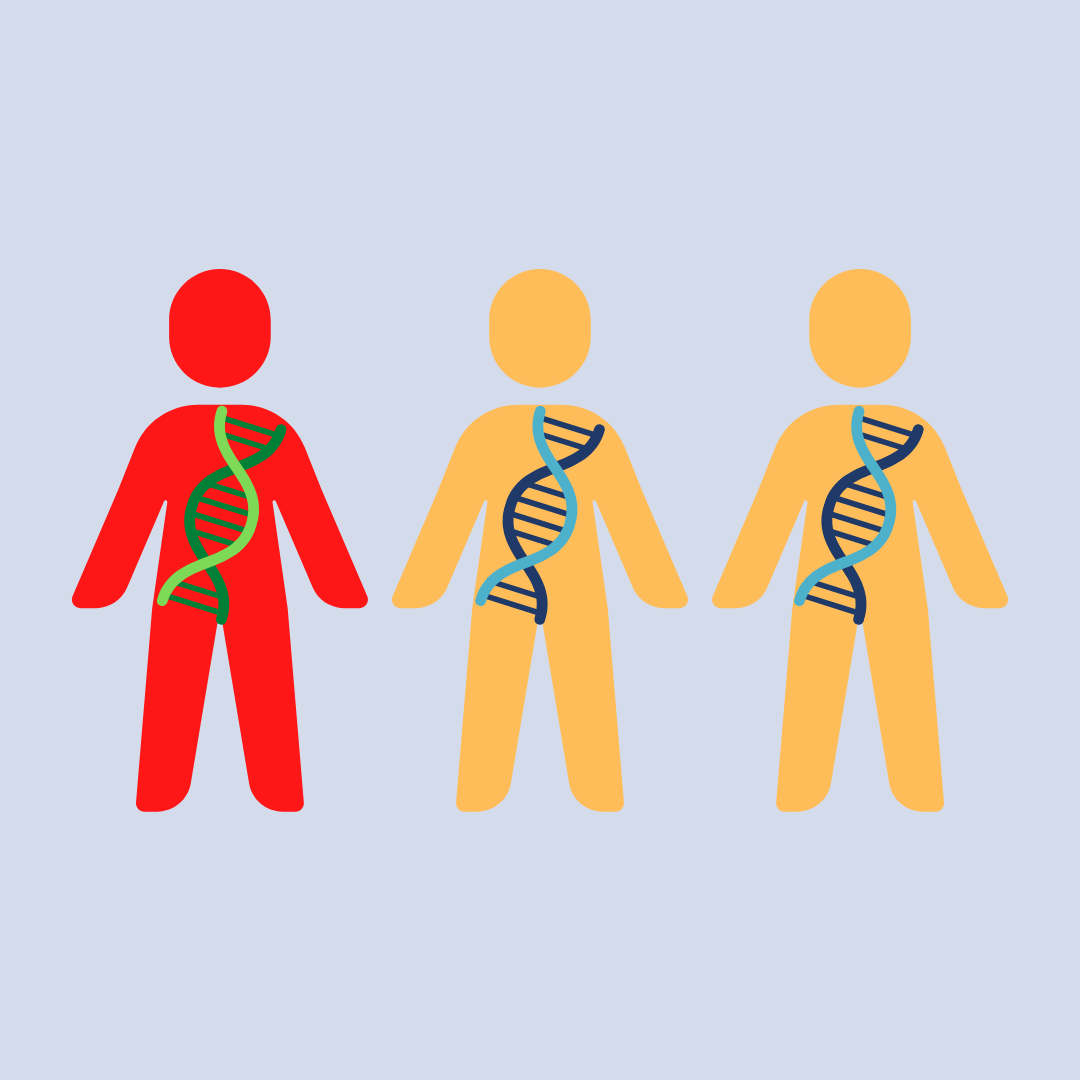The American Society of Human Genetics Struggles to Face Its Past
By Robert Resta and Diane B. Paul,
The DNA Exchange
| 02. 15. 2023
The American Society of Human Genetics (ASHG) recently released Facing Our History – Building An Equitable Future Initiative, a report on the role of the organization and geneticists more generally in past injustices, including eugenics, sickle cell screening, and perpetuating inaccurate information about XYY syndrome and racial stereotypes about intelligence. About 3 years ago one of us (RR) authored a three-part series in this space that explored the role of eugenics in shaping the ASHG and the views of its leadership (Part 1, Part 2, Part 3). Some of that content was cited in the ASHG report.
There is much to be admired in ASHG’s willingness to acknowledge the roles the organization and its leadership played in respect both to eugenics and social injustice generally. However, the report also has several flaws. Here we focus our critique on our areas of interest and expertise – its account of the history of eugenics, which includes assertions that have been widely challenged by historians (without any acknowledgment of their contested status) as well as factual errors and omissions...
Related Articles
By Alex Polyakov, The Conversation | 02.09.2026
Prospective parents are being marketed genetic tests that claim to predict which IVF embryo will grow into the tallest, smartest or healthiest child.
But these tests cannot deliver what they promise. The benefits are likely minimal, while the risks to...
By Steve Rose, The Guardian | 01.28.2026
Ed Zitron, EZPR.com; Experience Summit stage;
Web Summit 2024 via Wikipedia Commons licensed under CC by 2.0
If some time in an entirely possible future they come to make a movie about “how the AI bubble burst”, Ed Zitron will...
By Arthur Lazarus, MedPage Today | 01.23.2026
A growing body of contemporary research and reporting exposes how old ideas can find new life when repurposed within modern systems of medicine, technology, and public policy. Over the last decade, several trends have converged:
- The rise of polygenic scoring...
By Daphne O. Martschenko and Julia E. H. Brown, Hastings Bioethics Forum | 01.14.2026
There is growing concern that falling fertility rates will lead to economic and demographic catastrophe. The social and political movement known as pronatalism looks to combat depopulation by encouraging people to have as many children as possible. But not just...




